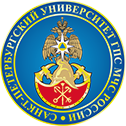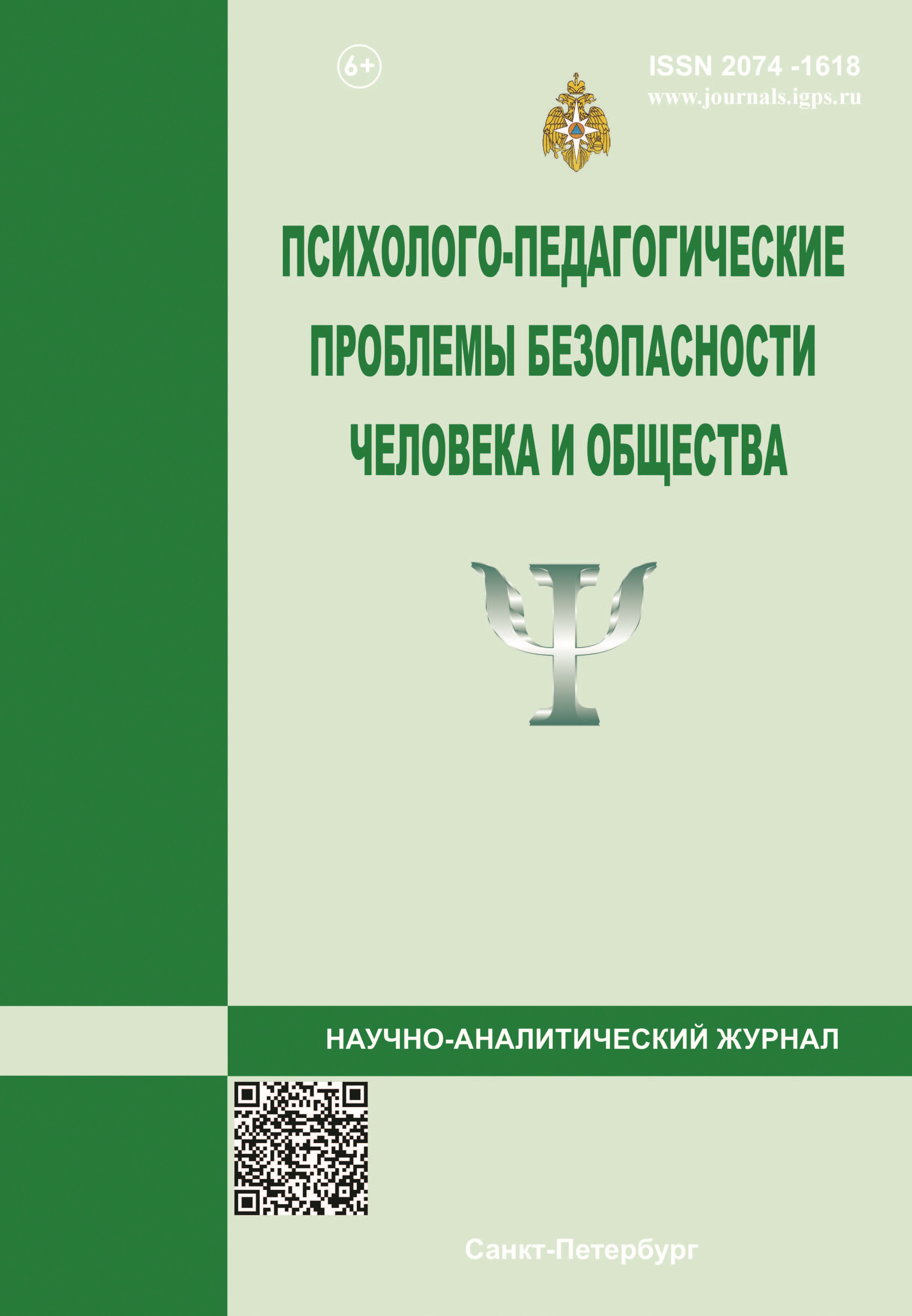Russian Federation
The article intends to examine the main features of the education in the Russian Federation. The research reveals the interconnection between the most significant educational paradigms which are aimed at forming the successful employee’s integral characteristics. The co-existence of different educational concepts is defined as polyparadigmality which results in using digital tools to shape young specialist’s competencies through individual educational trajectories. It becomes evident that modern educational paradigms share the common basis which is the learner’s personality and his personal resources. The article also studies the features of the innovative educational model Education 4.0. along with the ways to implement it in language teaching. The article contains the overview of current statistics in digital education pointing out at learners’ deep interest in personal development, additional competence acquisition and advanced training.
paradigm, competency, personal resources, learner-centered approach, digital education
1. Human Capital 2023: New Ways to Work in a World Without Boundaries. URL: https://deloitte.wsj.com/cfo/human-capital-2023-new-ways-to-work-in-a-world-without-boundaries-01675867162 (data obrashcheniya: 16.01.2024).
2. Tekhnologii obshchego naznacheniya, chelovecheskij kapital i ekonomicheskij rost // Nacional'nyj issledovatel'skij institut «Vysshaya shkola ekonomiki». Centr mezhdisciplinarnyh issledovanij chelovecheskogo kapitala. 2023. № 2 (19). 12 s.
3. Yandiev I.Ya. Formirovanie koncepcii razvitiya struktury chelovecheskogo kapitala v postpandemijnyj period // Modern Economy Success. 2022. № 2. S. 217-222.
4. Burakova E.S., Samojlova T.D. Chelovecheskie resursy kak istochnik konkurentnogo preimushchestva naryadu s drugimi resursami kompanii // Vestnik Tul'skogo filiala Finuniversiteta. 2020. № 1. S. 458-460.
5. Kazhdyj vtoroj rossiyanin planiruet projti obuchenie bez pomoshchi rabotodatelya. Sociologicheskij opros. URL: https://www.superjob.ru/research/articles/113546/ (data obrashcheniya: 16.01.2024).
6. Proekty FGOS VO-4. Maket, utverzhdennyj Pis'mom Minobrnauki Rossii ot 2 maya 2023 g. № MN-5/169012. URL: https://fgosvo.ru/fgosvo/index/31 (data obrashcheniya: 16.01.2024).
7. Levina E.Yu., Muhametzyanova L.Yu. Razvitie Cheloveka znaniya v rakurse kognitivnoj paradigmy // Kazanskij pedagogicheskij zhurnal. 2020. № 3 (140). S. 8-19.
8. Kazanceva E.M. Soderzhanie yazykovogo obrazovaniya: ot tradicionnoj k gumanisticheskoj paradigme // MIAZH «Crede Experto»: transport, obshchestvo, obrazovanie, yazyk. 2023. № 3 (38). S. 1-15.
9. Bondarevskaya E.V. Opyt metodologicheskoj refleksii deyatel'nosti nauchnoj shkoly // Izvestiya Volgogradskogo gosudarstvennogo pedagogicheskogo universiteta. 2016. № 3 (107). S. 4-14.
10. Levina E.Yu., Kamaleeva A.R., Stukalova O.V. Konceptual'nye osnovaniya kognitivnoj pedagogiki // Kazanskij pedagogicheskij zhurnal. 2023. № 1. S. 27-35.
11. Yamburg E.A. Professionalizm pedagoga. Otvety na sovremennye vyzovy. M.: Prosveshchenie, 2023. 256 s.
12. Kim Jeanne. The Interconnectivity of Heutagogy and Education 4.0. in Higher Online Education // Canadian Journal of Learning and Technology. 2022. № 4 (48). P. 1-18.
13. Joseph Diane. Digital Revolution of Education 4.0. // International Journal of Engineering and Advanced Technology (IJEAT). 2019. № 2 (9). P. 3558-3564.
14. Defining Education 4.0: A Taxonomy for the Future of Learning. World Economic Forum. 2023. 26 p.
15. Tikhonova E., Raitskaya L. Education 4.0: The Concept, Skills, and Research // Journal of Language and Education. 2023. № 9 (1). P. 5-11.
16. A bibliometric analysis of research on education 4.0 during the 2017-2021 period / L.T. Dao [et al.] // Education and Information Technologies. 2023. № 28 (3). P. 2437-2453.
17. Salmon G. May the fourth be with you: Creating Education 4.0. // Journal of Learning for Development. 2019. № 6 (2). P. 95-115.
18. Belova Taniana. Using the Principles of Neurolanguage Coaching and Brain Friendly Techniques in Foreign Language Teaching in the Inclusive Learning Environment // Advances in Social Science, Education and Humanities Research. 2021. № 555. P. 419-423.
19. Chen H. A lexical network approach to second language development // Humanit Soc Sci Commun. 2023. № 10 (735). P. 1-9.
20. Pozdnyakova M.N., Panarina G.I. Metodologicheskij potencial tekhnologii gejmifikacii v yazykovom universitete // Mezhdunarodnyj nauchno-issledovatel'skij zhurnal. 2023. № 12 (138). S. 1-5.
21. Shu Dingfang, Yang Shanshan, Sato Masatoshi. Cultivating a new ecosystem in English language teaching: A focus on researchers in a textbook development project // The Modern Language Journal. 2023. № 2 (107). P. 405-427.
22. Rejting krupnejshih kompanij na rynke onlajn-obrazovaniya. Ezhekvartal'nyj rejting krupnejshih kompanij v sfere onlajn-obrazovaniya. URL: https://edtechs.ru/ (data obrashcheniya: 16.01.2024).
23. Baldanova A.Yu., Dugarzhanova M.A. Sovremennye trendy v sfere obrazovaniya. Vestnik Buryatskogo gosudarstvennogo universiteta // Ekonomika i Menedzhment. 2023. № 3. S. 22-29.







